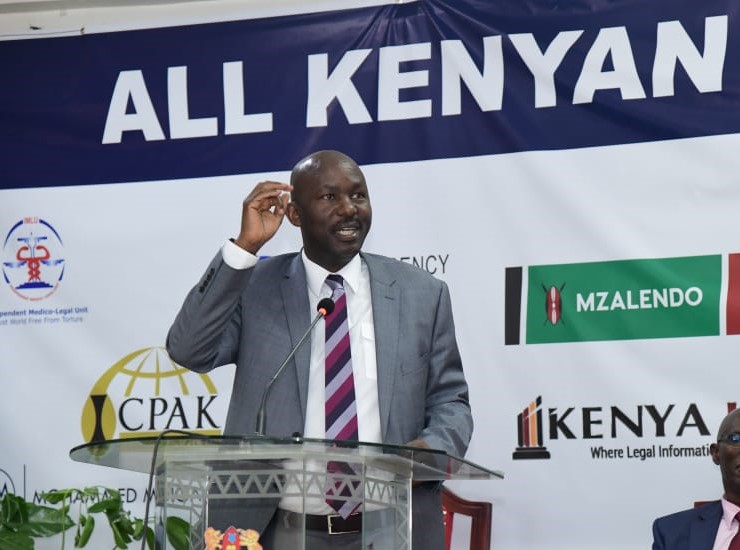Bill seeks to let Trade Unions pick their own election bodies

A proposal to cut out the Ministry of Labour from managing trade union and employers’ organisation elections is in the works, with a bill set to be introduced in the Senate.
The Labour Relations (Amendments) Bill, 2025, sponsored by Nyamira Senator Okong’o Mogeni, aims to give union members full control over how their leaders are chosen.
The bill, scheduled for publication before its first reading, seeks to remove the ministry’s oversight role, currently exercised through the Labour Commissioner and instead allow members to decide which body should conduct their elections.
According to the bill, “The election of officials of a trade union, employers’ organisation or federation shall be conducted by such a body as the members may propose and approved by the general meeting preceding the election.”
If passed, this change would transfer the power to oversee trade union and federation elections from the government to members themselves.
The amendments stress that the selected body must be approved during the general meeting that comes before the election.
Under the proposed law, the elections must be held by secret ballot and carried out fairly and transparently.
They would have to take place on the same day, with only physically present members allowed to vote.
These new measures appear to shift the election process towards internal autonomy and away from government oversight.
Currently, Section 34 of the Labour Relations Act, 2007, mandates that elections must follow the registered constitutions of the unions or federations involved.
It also prohibits constitutional provisions that unfairly favour incumbents over other candidates.
The law requires elections to be held at least once every five years and directs that notification of the election outcome must be submitted to the Registrar within fourteen days using the prescribed format.
“The Registrar may issue directions to a trade union, employers’ organisation or federation to ensure that elections are conducted in accordance with this section and their respective constitutions,” the law states.
Additionally, the Act allows for any disputes related to the election process—whether directly or indirectly connected—to be referred to the Industrial Court.
With the bill seeking to end the Ministry of Labour’s involvement in these elections, it is expected that the proposed changes may face resistance from government officials and possibly some trade union factions that favour state oversight.
